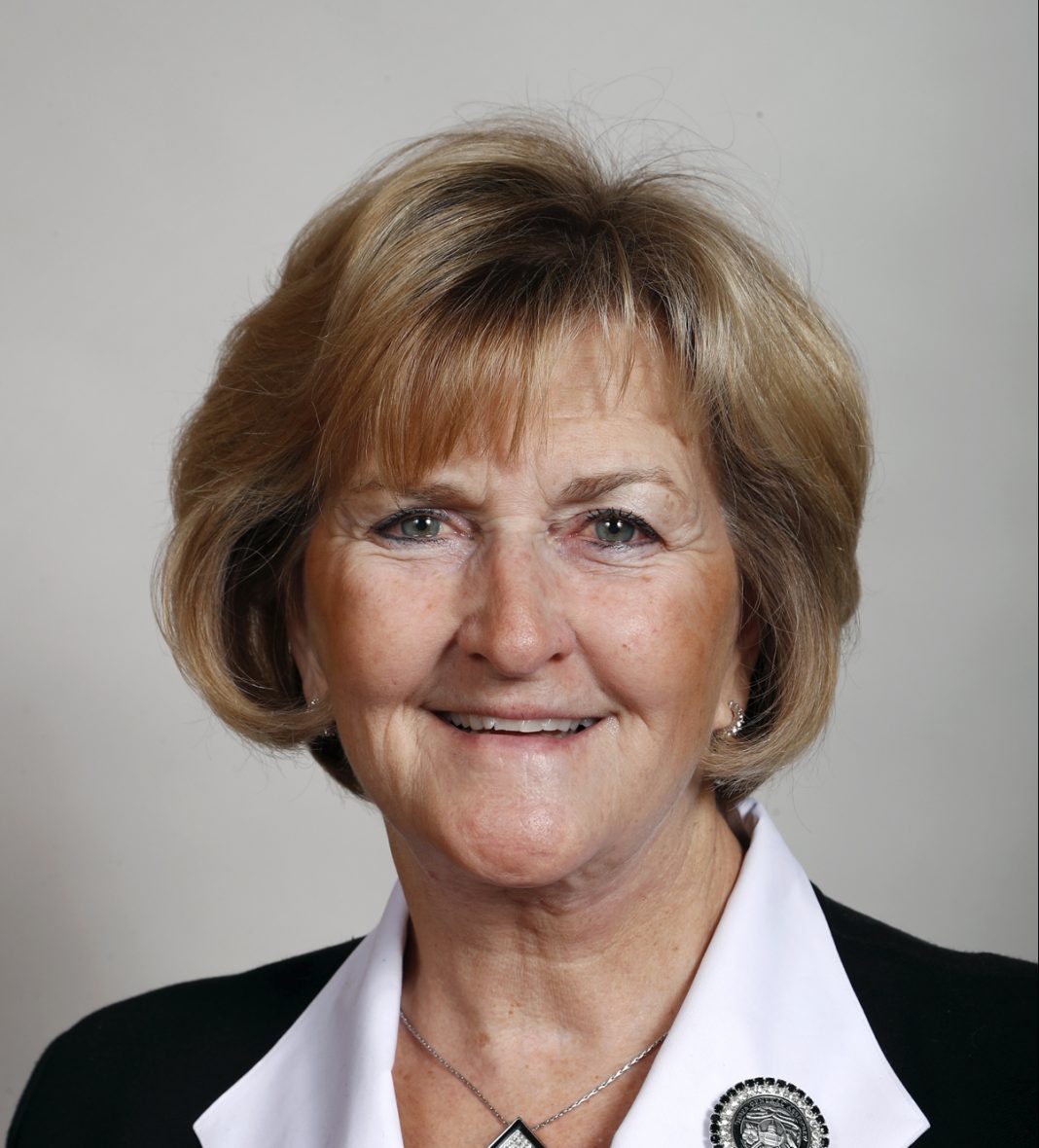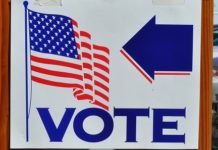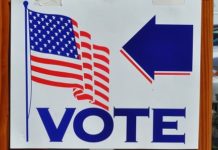Improved health care for tens of thousands of Iowans depends on passing major reforms of Iowa’s medical cannabis program during the 2020 legislative session.
For the last six years, legislators have debated various efforts to establish a working medical cannabis program. Last session, the House and Senate overwhelmingly passed HF 732, which would have eliminated the current 3% THC cap and replaced it with a 25 gram over 90-day period maximum disbursement.
However, the Governor vetoed the bill at the last minute saying the change was not recommended by the Iowa Medical Cannabidioal board and could lead to unintended consequences. All eight members of the board who approve the recommendations are appointed by the Governor.
Board Recommends Minimal Changes to Medical Cannabis Program
Last week, the Iowa Medical Cannabidioal Board submitted a proposal requesting state legislators remove the state’s current THC cap in favor of a purchase limit during the 2020 legislative session.
Current law prohibits medical cannabis products from containing more than 3% THC. The board’s proposal would remove this cap and replace it with a purchase limit of 4.5 grams of THC over a 90-day period. The purchase limit would not apply to the terminally ill, and the limit could be increased by a certifying health care provider without the board’s approval.
The board also passed a proposal recommending PTSD and intellectual disability with aggression or self-injury to the list of eligible medical conditions for the state’s medical cannabis program. A petition to add PTSD to the list of eligible conditions was brought before the board in a previous meeting earlier this year, but was rejected. The Iowa Board of Medicine must now consider whether to approve these conditions in an upcoming meeting.
As of the beginning of 2019, there were 505 health care professionals in Iowa who have patients certified for medical cannabidiol.
In a poll released earlier this year, nearly 80% of Iowans support expanding access to the state’s Medical Cannabidiol program, according to the Des Moines Register.











